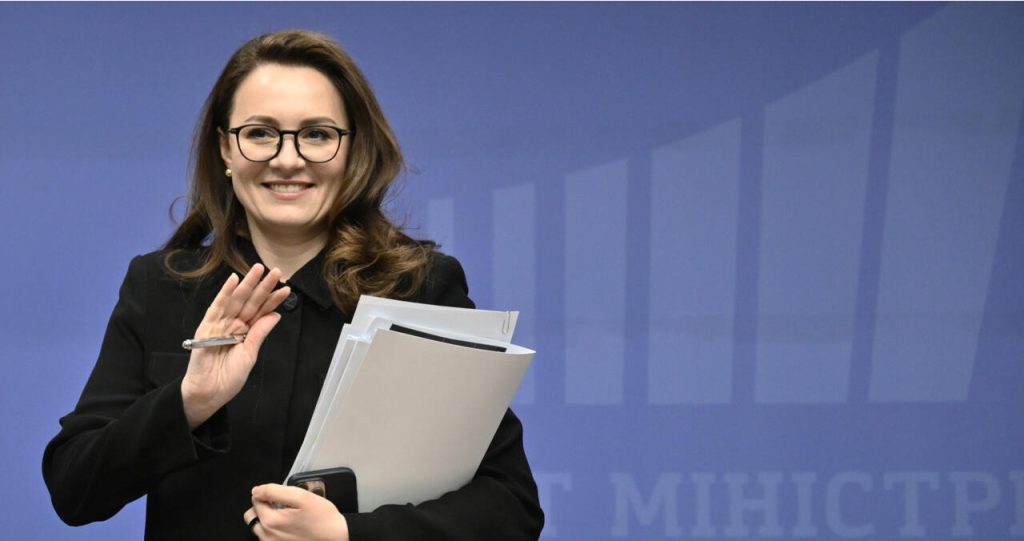News
US government challenges meta over instagram, whatsApp acquisitions
DDM News

Meta Platforms Inc. is facing a pivotal antitrust trial that could lead to a corporate breakup.
According to Diaspora digital media (DDM), the United States government has taken Meta to court over its past acquisitions of Instagram and WhatsApp.
The legal action alleges that Meta’s purchase of the two companies was meant to eliminate competition.
Meta acquired Instagram in 2012 and WhatsApp in 2014, both deals valued at billions of dollars.
These platforms have since become essential tools for communication, photo sharing, and digital interaction globally.
The Federal Trade Commission (FTC) argues that Meta’s actions harmed innovation and consumer choice.
According to the FTC, Meta bought rising rivals to protect its monopoly in the social media space.
The case was first filed in 2020 during President Donald Trump’s administration.
It was later amended and strengthened under President Joe Biden’s administration in 2021.
Regulators claim Meta’s conduct stifled emerging competitors and discouraged new entries into the market.
They accuse Meta of using its financial power to suppress any company that posed a threat.
Meta, however, has strongly denied all allegations of anti-competitive behavior.
The company argues that its acquisitions were legally approved by regulators at the time.
Meta also insists that Instagram and WhatsApp grew significantly under its leadership and investment.
Its legal team claims that a forced breakup would harm both users and the global tech ecosystem.
The trial is being closely watched as it could reshape the future of digital competition.
If the FTC wins, Meta may be required to sell off Instagram and WhatsApp entirely.
This would mark one of the most dramatic antitrust actions in modern U.S. history.
Legal experts say the outcome will influence how tech mergers are handled in the future.
Beyond the United States, Meta is also facing mounting pressure from international regulators.
In Turkey, authorities recently imposed a fine on Meta for resisting local content regulations.
The fine was linked to Meta’s handling of restricted content on platforms like Facebook and Instagram.
This global scrutiny reflects rising concerns about Meta’s influence over digital communication.
Many governments are now reevaluating how to regulate large tech firms like Meta.
The company, formerly known as Facebook, was founded by Mark Zuckerberg in 2004.
Facebook began as a social network for college students but rapidly expanded worldwide.
By 2012, it saw Instagram’s success and bought the photo-sharing app for $1 billion.
In 2014, Meta spent $19 billion to acquire WhatsApp, a widely used messaging service.
These acquisitions helped Meta dominate social media and communication across continents.
In 2021, Facebook rebranded as Meta to reflect its focus on building the metaverse.
Meta’s platforms now serve billions of users, generating massive influence and advertising revenue.
However, critics argue that its scale has come at the cost of competition and user privacy.
This ongoing trial marks a turning point in the global conversation around Big Tech regulation.
Regulators aim to set limits on how tech giants grow and maintain their market power.
Meta’s trial could set legal precedents for future mergers in the tech industry.
A ruling against Meta would send a strong message to Silicon Valley and beyond.
It would show that size alone does not shield a company from accountability.
As the proceedings continue, investors, regulators, and the public are paying close attention.
The final decision could take months but will have long-lasting implications for the digital economy.
Meta’s future and the structure of the tech world may be permanently altered by the court’s ruling.
For Diaspora Digital Media Updates click on Whatsapp, or Telegram. For eyewitness accounts/ reports/ articles, write to: citizenreports@diasporadigitalmedia.com. Follow us on X (Fomerly Twitter) or Facebook











